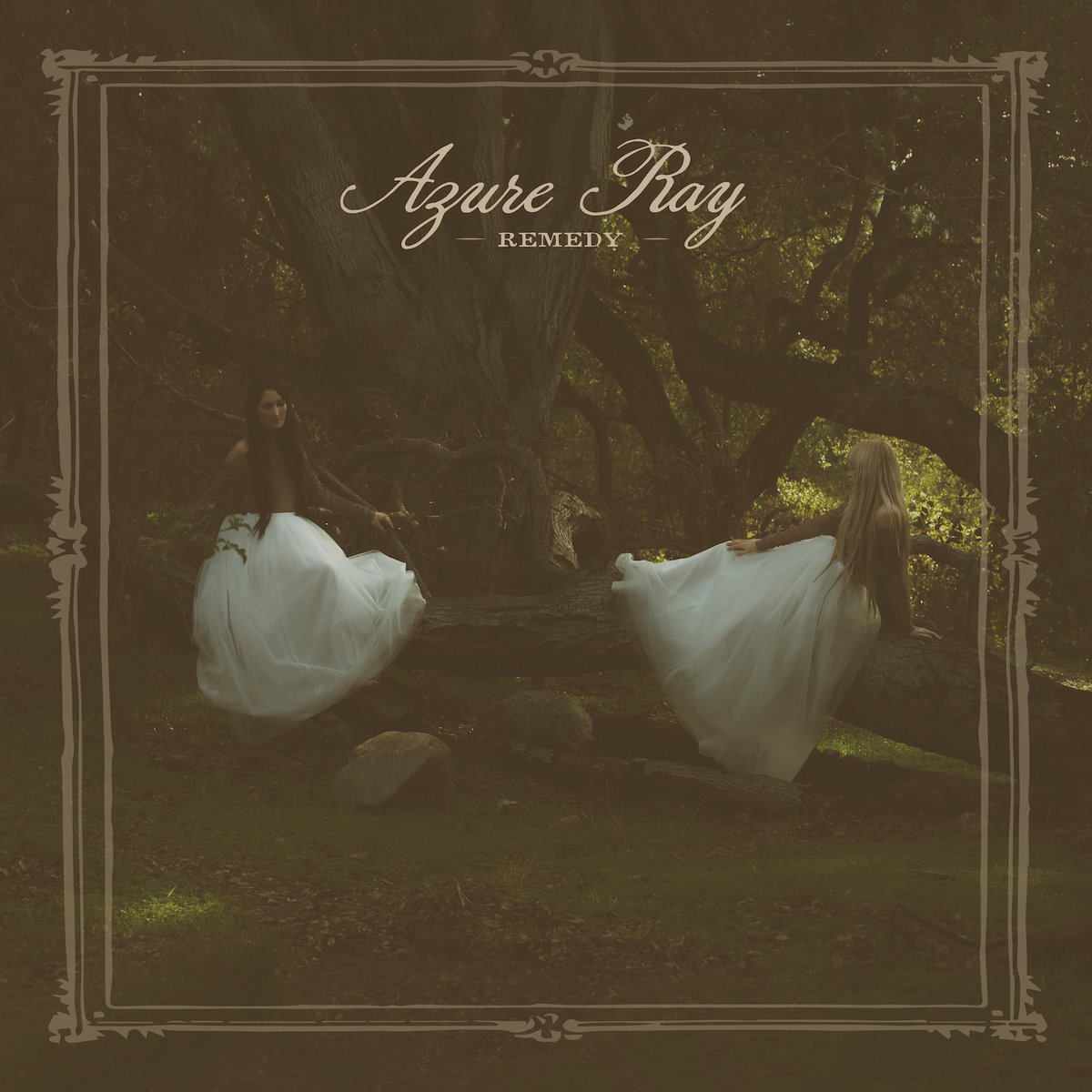 Azure Ray
Azure Ray
Remedy
FLOWER MOON
7/10
Azure Ray have been making music for a long time. The acoustic folk duo of Maria Taylor and Orenda Fink met when they were 15 and began releasing music together as far back as the ’90s. In 2001, the singer-songwriters released their self-titled debut as Azure Ray, and in 2010, they dropped their last album. A lot changes over a decade, and creatively, it’s difficult to expect that things will be the same. Their new album Remedy, however, defies the passage of time, proving that Azure Ray can seamlessly pick up from where they left off.
Listening to Remedy is like returning to a comforting and familiar world of hushed vocal harmonies and other sounds heard throughout Azure Ray’s discography. Part of the familiarity they conjure on the record also comes from revisiting themes explored throughout their songwriting careers. Their debut album dropped after the loss of Taylor’s then-boyfriend, and their latest addresses similar themes of change and loss on opener “Swallowing Swords.” In the song, the vocalist asks, “How does it end? Your destruction is coming into being.” Azure Ray shows that exploring themes of loss creates a kind permanence through elegiac lyrics. Taylor and Fink’s confrontation of such themes is a kind of victory against impossible forces. That’s the beauty of music, particularly their music.
Vocally, Remedy is a triumph, with some of the most moving and powerful singing Taylor and Fink have recorded to date. The duo highlight the affecting poetry and lyricism of their songwriting with clear, dreamy, and heartfelt singing. On songs like “Desert Waterfall” there’s a feeling of intimacy and immediacy, especially when Taylor and Fink sing, “I go chasing storms just to feel the wind blow.” The combination of their comforting singing and poetic imagery creates an emotional warmth that’s wonderful to feel.
Azure Ray begin Remedy by asking, “When did you leave home?” Later, on “29 Palms,” Taylor and Fink return to this imagery: “Home is a place you can never go back when you leave.” There’s a kind of irony to these questions and statements because, metaphorically, Azure Ray have never really left—certainly not for those who’ve spent time with their music over the span of their 20 years together.









